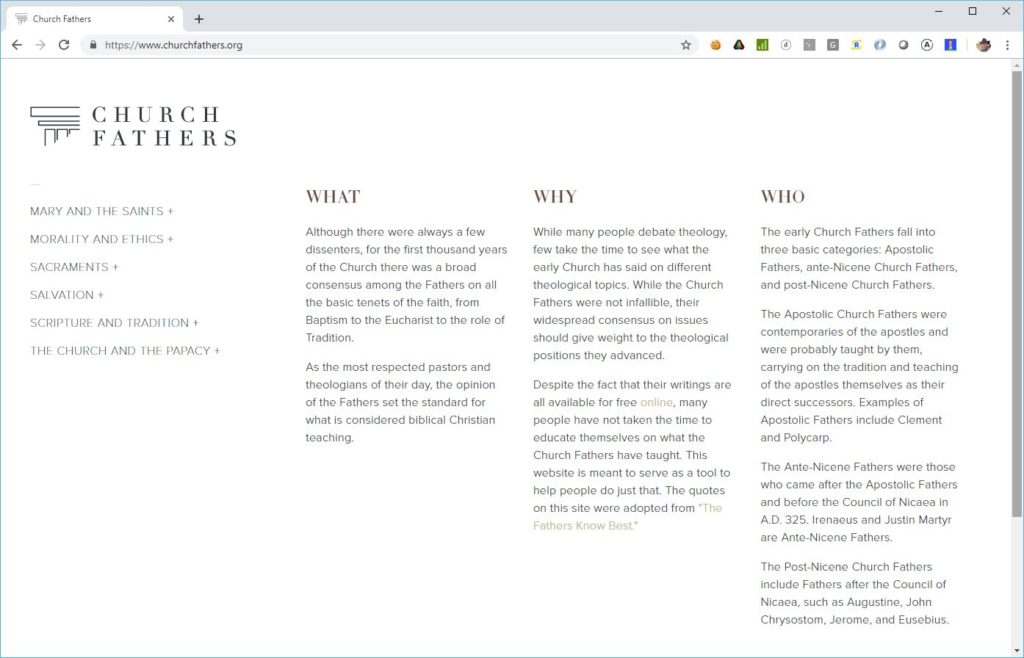The most sexist Pro-Choice Argument


Yet another person on Facebook recently told me that:
“It’s not for me or any other man or woman to place their beliefs upon a woman who should have the right to choose whether we agree or not. We will all stand before our maker if the story plays out as told.”
In response to these comments, I asked my friend whether or not he would say the same thing if he knew a mother planning on having her toddler drowned. If not, why not? As I’ve come to expect, I received no answer.
Instead I was told that my question was “wholly immaterial and inappropriate to this discussion”. I asked why this was this the case? Why was it inappropriate? Why was it immaterial? Once again, I received no answer.
I think it’s pretty clear that my friend would intervene in the situation with the toddler. The question is, why? After all, by interfering, he’d be “plac[ing] [his] beliefs upon the woman”, something which he’s apparently not meant to do. So, why interfere in one situation and not the other? What is the distinguishing factor? Why does one child demand her protection but another not merit it?
The implication here is that, unless I am directly impacted by a particular issue, I cannot comment upon its morality. That’s about as nonsensical as saying that unless you’re a plantation owner, you don’t get to comment on slavery. I have neither been the victim of sexual assault nor committed sexual assault. Despite this, I do not doubt for a moment that sexual assault is wrong and should be prevented.
The main reason I wanted to briefly blog about this conversation is because there is a deeper problem with what my friend said. He was saying that, because I am a man, I’m not even allowed to express my opinion on the morality of abortion. How is this anything other than textbook sexism? What was the basis for his dismissal of my argument? Was it the argument itself? Did he find a logical fallacy or a false premise? No, it was dismissed based on the gender of the person offering the argument. That’s a variant of the Ad Hominem Fallacy and remarkably sexist to boot!









